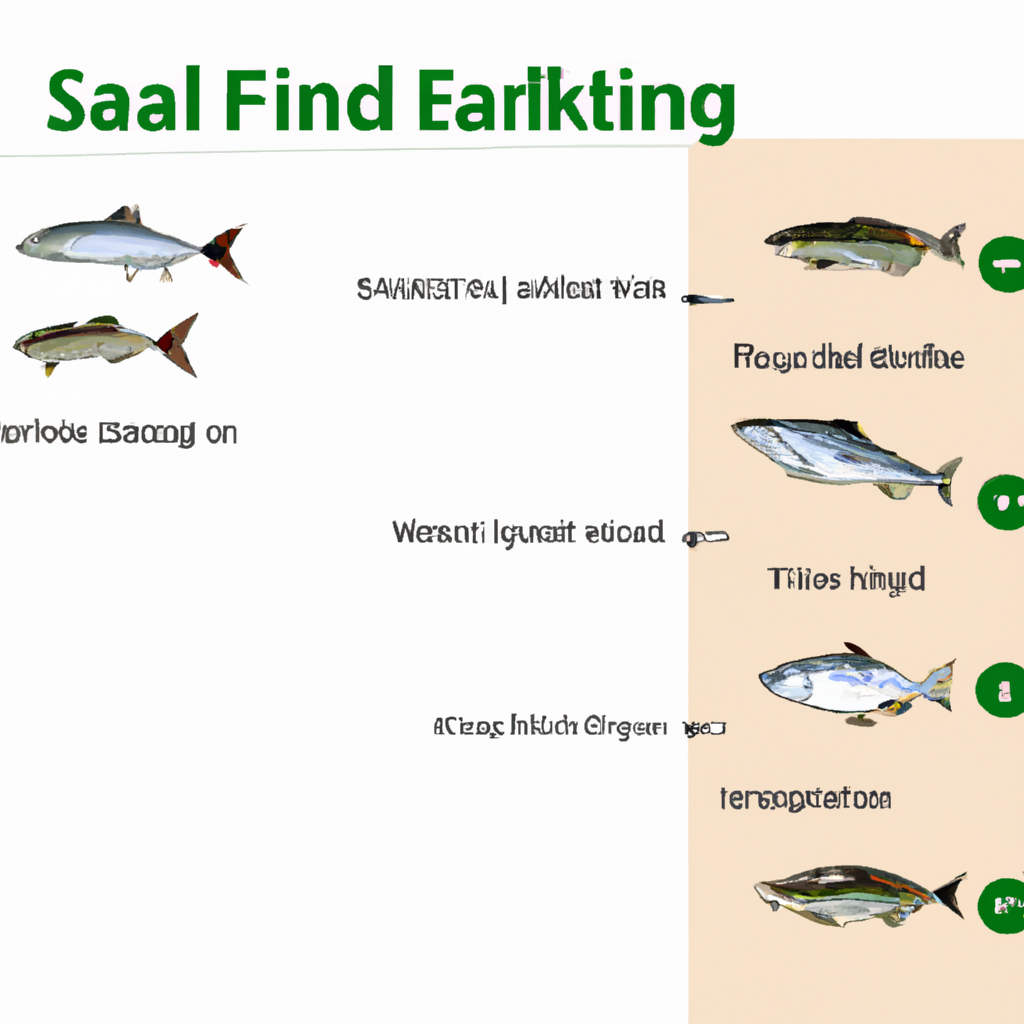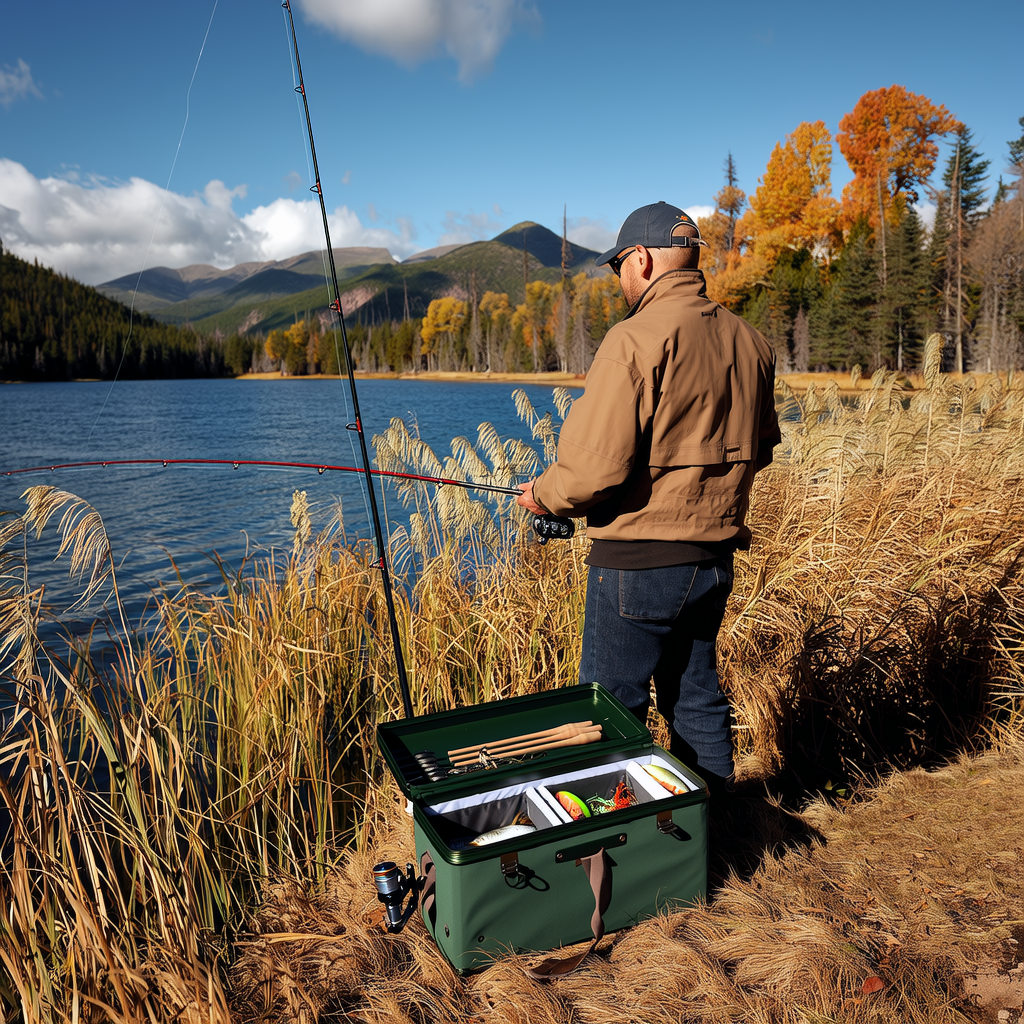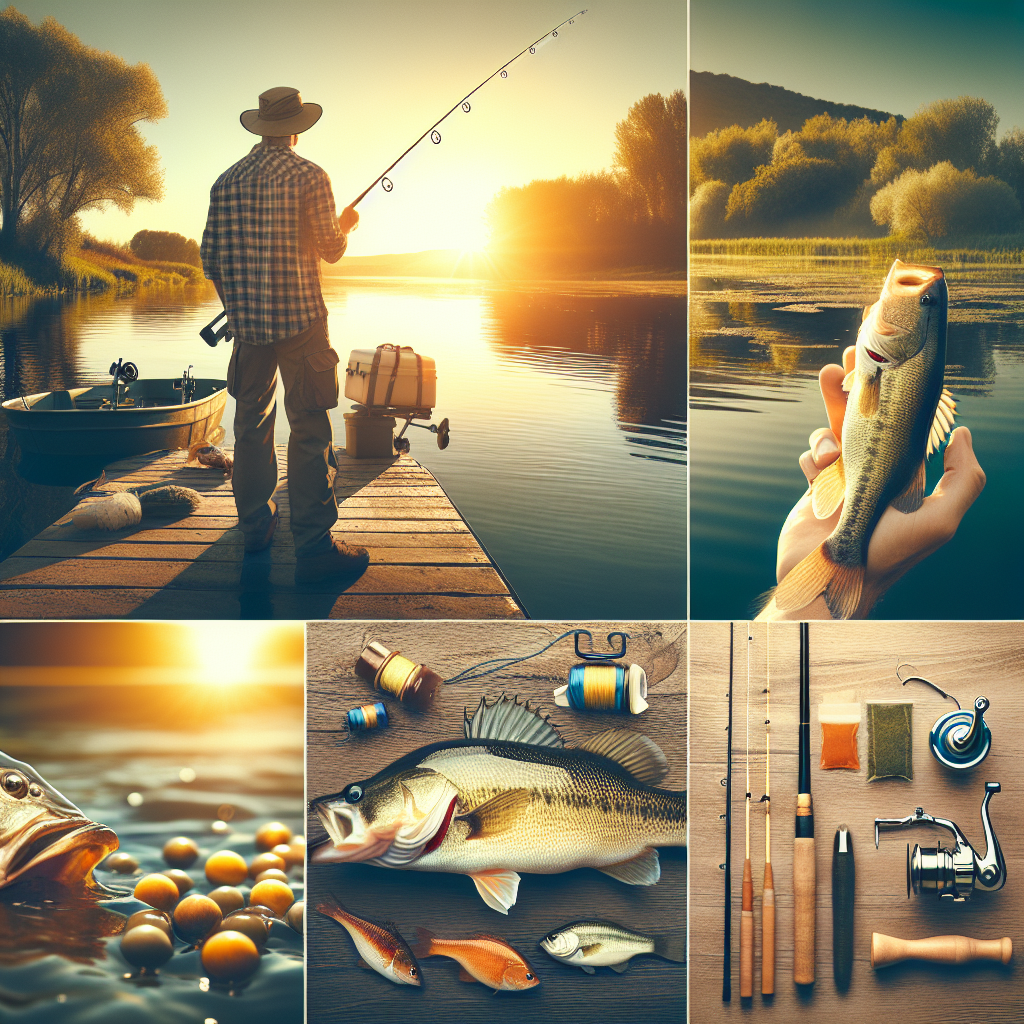Millions of people enjoy saltwater fishing. It doesn’t matter if you are a seasoned or novice angler, it is important to understand the rules and regulations that govern saltwater fishing. This article will cover the basics of saltwater fishery regulation. We’ll also discuss the types of regulations that you might encounter and how to keep up-to-date with the latest rules.
What is the Saltwater Fishing Regulation?
Saltwater fishing regulations are a set of rules and guidelines that have been established by fishing authorities to ensure the sustainability and conservation of saltwater fish populations. These regulations are applicable to commercial and recreational fishing and help protect fish populations against overfishing and other harmful practices.
Types of Saltwater Fishing Regulations
There are many types of saltwater fishing regulations that you might encounter, including size limits, catch limits, gear restrictions, seasons, or closures.
Limits on Catch
The catch limits are the maximum number of fish that you can catch and keep in one day or for a set period. These limits can vary depending on the species and the location. Red snapper is currently limited to two fish per person in the Gulf of Mexico.
Size limits
Size limits are the minimum size that a fish must reach in order to be kept. This is to prevent juvenile fish from being caught, and to allow them grow and reproduce to help sustain the fish population.
Gear Restrictions
Gear restrictions are the limits on what gear and equipment can be used for fishing. These restrictions are intended to reduce damage to fish and habitats as well as prevent accidental catching of non-target species.
Closures or Seasons
Seasons or closures are the times of year when certain species cannot be fished. These regulations are used to protect fish populations during breeding seasons, or when they are especially vulnerable due to weather or environmental conditions.
Why is Saltwater Fishing Regulations Important
Saltwater fishing regulations are essential for maintaining healthy fish populations, and sustainable fishing practices. Fish populations can be reduced, which can have serious ecological and economic consequences. You can also help ensure that future generations enjoy fishing and the natural beauty found in our oceans by adhering to fishing regulations.
Where can I find saltwater fishing regulations?
Saltwater fishing regulations can be found on the websites of various fishing authorities, including the National Oceanic and Atmospheric Administration, state fish and wildlife departments, and local fishermen authorities. It is important to keep up to date with the latest regulations as they can change from one year to another or even season to season.
How to Follow Saltwater Fishing Regulations
Saltwater fishing regulations must be followed to ensure healthy fish populations and protect the ocean environment. Here are some tips to ensure you comply with fishing regulations.
Before you go fishing, make sure to read the regulations
Before you go fishing, make sure to review the regulations for the area and species you are targeting. This will help you to be aware of any restrictions or catch limits.
Use the right fishing gear and techniques
For fishing regulations to be adhered to, it is important that you use the correct fishing equipment and techniques. Use only the appropriate fishing gear for the species you are targeting.
Report violations and infractions
Report any fishing infractions or violations to the authorities. You can also report illegal fishing practices, overfishing or any other activity that is against fishing regulations.
Conclusion
Responsible fishing practices include saltwater fishing regulation. These regulations can be used to ensure healthy fish populations, protect our ocean environment, and preserve the beauty, vitality, and future of our oceans. Keep abreast of the latest fishing regulations and use proper fishing equipment and techniques. Report any violations and infractions. Have fun fishing!




